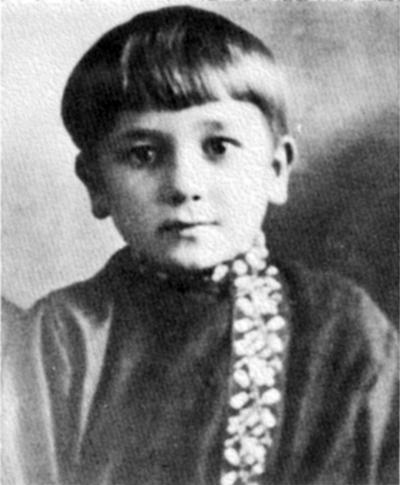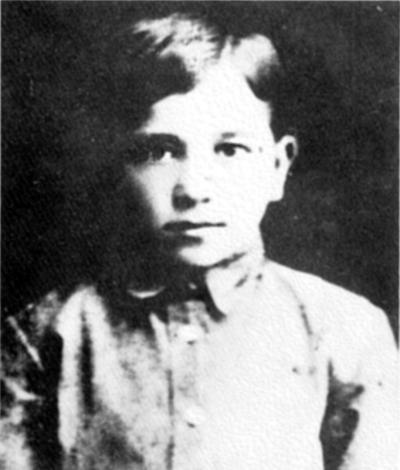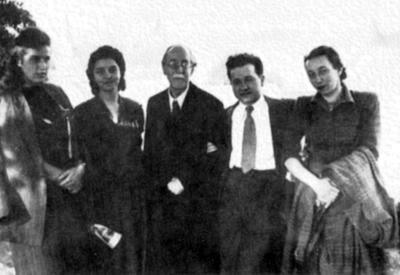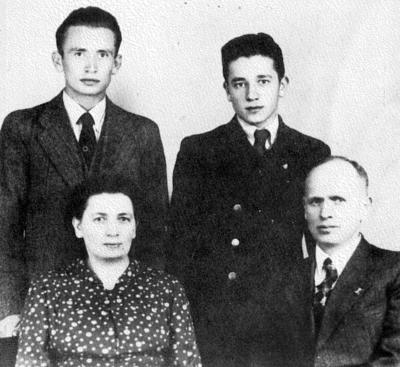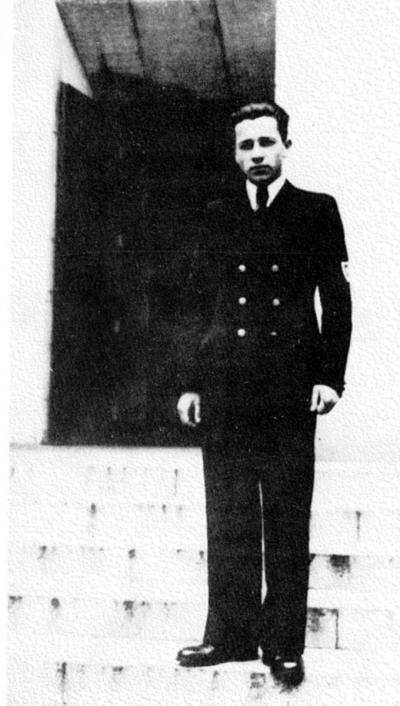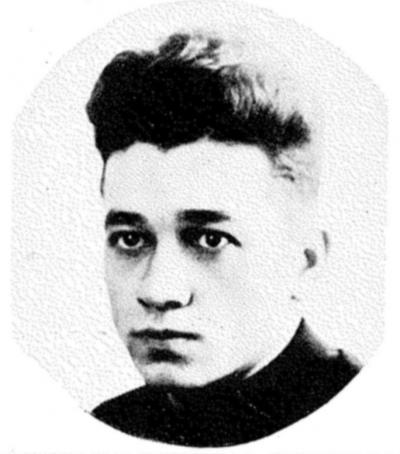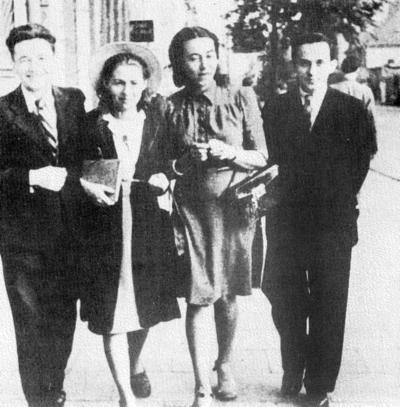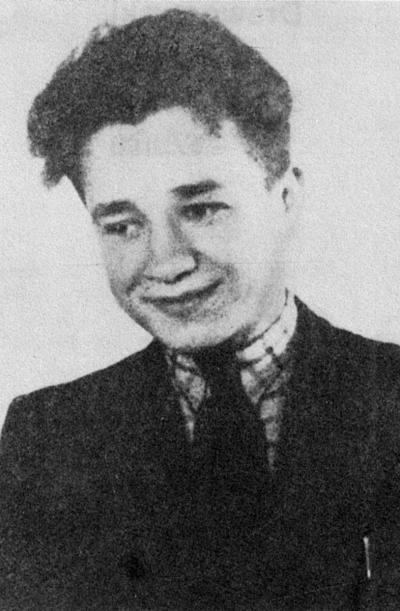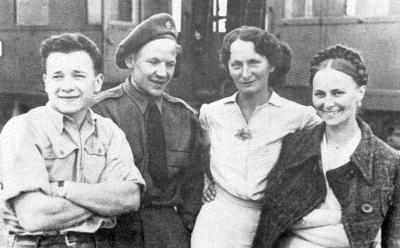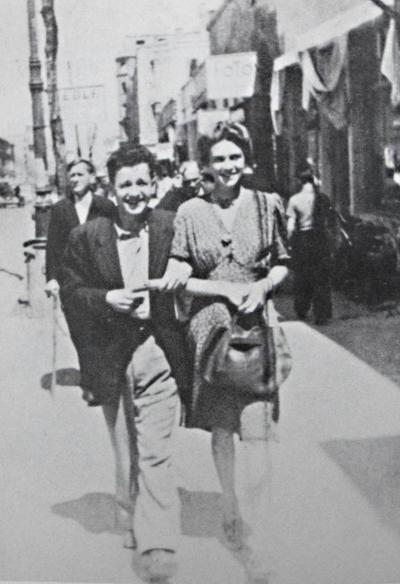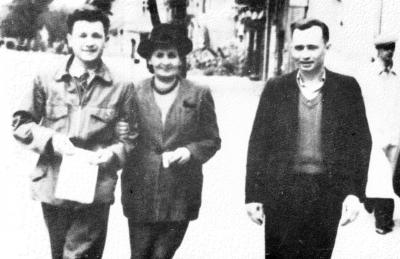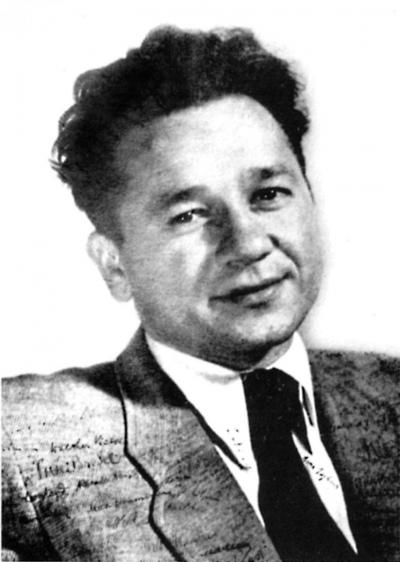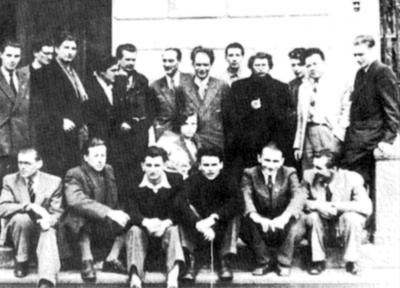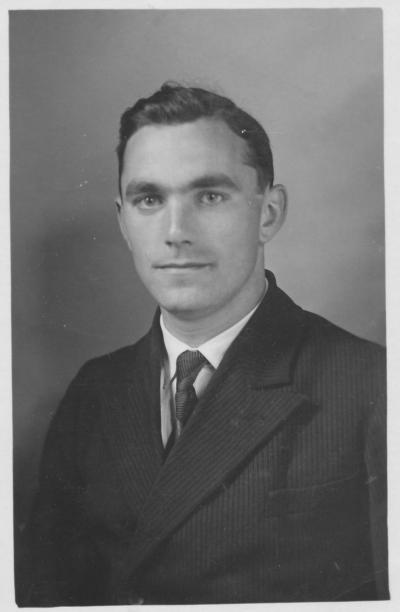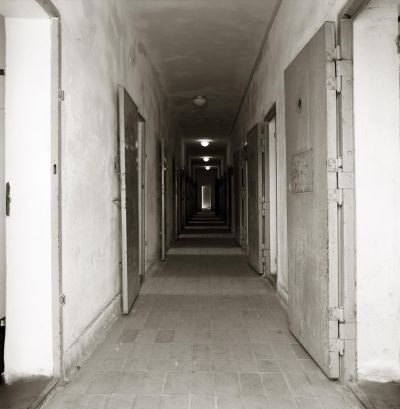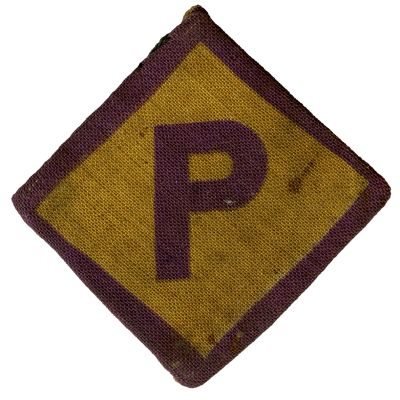Tadeusz Borowski
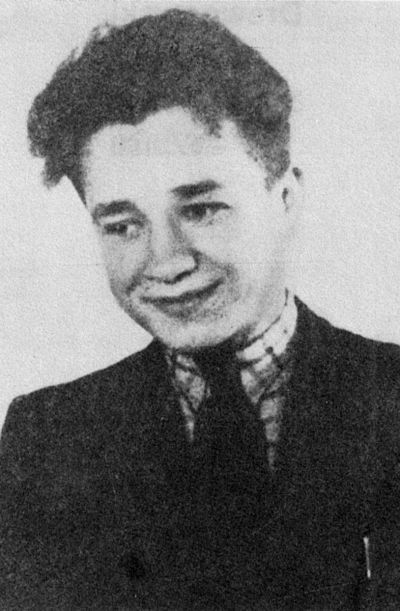
The Road to Dachau
The story of the author’s life in the camps can be divided into two parts. The first is generally better known and is almost automatically associated with Borowski’s work. After a two-month period in the notorious Pawiak prison in Warsaw the young student of Polish (he had studied in the underground university in the city) was moved to the concentration camp in Auschwitz. As the protagonist in At Home in Auschwitz later notes, this only happened when Aryans were no longer gassed there (in spring and summer 1944 Borowski witnessed the annihilation of the Hungarian Jews, the subject of his book People who Went). Much less is known about his time in Germany and his imprisonment in smaller camps on German territory.
Borowski in Germany
In mid-August 1944 Borowski was moved to the Natzweiler concentration camp near Stuttgart. Some months later (at the start of 1945) he arrived in the sub-camp in Dachau-Allach, which was liberated by American troops on 1st May 1945. After that, like many of his fellow sufferers from all over Europe, Borowski was accommodated in a transit camp for so-called displaced persons. He stayed in Freimann, near Munich, until September 1945 (he writes of this time in his Freimann Diary).
In Borowski’s biography of his life in the camps Auschwitz is not the quintessence of mass murder – the periods in the small camps in Germany were the hardest moments in his life. When the Americans arrived the writer was almost dead from weakness. In a letter to Stanisław Marczak-Oborski, dated 7th November 1945, he writes “[…] six months earlier I could hardly stand and weighed just a little over 35 kg.”
After his liberation by the Allies, the author of This Way for the Gas, Ladies and Gentlemen had only one aim in mind: to find his fiancée. After leaving Auschwitz he had received no news of her fate and did not even know where she was living. He found a job co-organising the family search service with the committee of the Polish Red Cross in Munich. There, in early December, he learnt that Maria was living in Sweden (after having been freed from the women’s camp in Ravensbrück). Borowski’s letters to his loved one begged her desperately to return to Poland to join him there. At that point he had not yet decided whether to return himself and wanted to make his decision dependent on Maria:
“At every moment I stand before an open door and can slam it closed at any time. I can simply whistle in the wind and go where I wish. My plans are completely dependent on you. If you refuse to return at any price I shall stay here but if you return I shall follow you immediately. “
The author failed to come to terms with emigration. He yearned for his fatherland, above all for his friends and family. Since he was unable to meet up with his fiancée he was not sure how she felt about him any more. The author of Farewell to Maria therefore decided to tempt fate and return to Poland. He wanted to learn, write, work. He felt that he could no longer study abroad. On 31st May 1946 he was repatriated.
